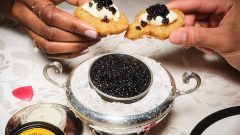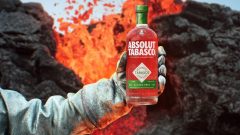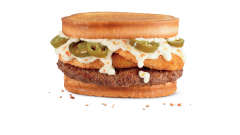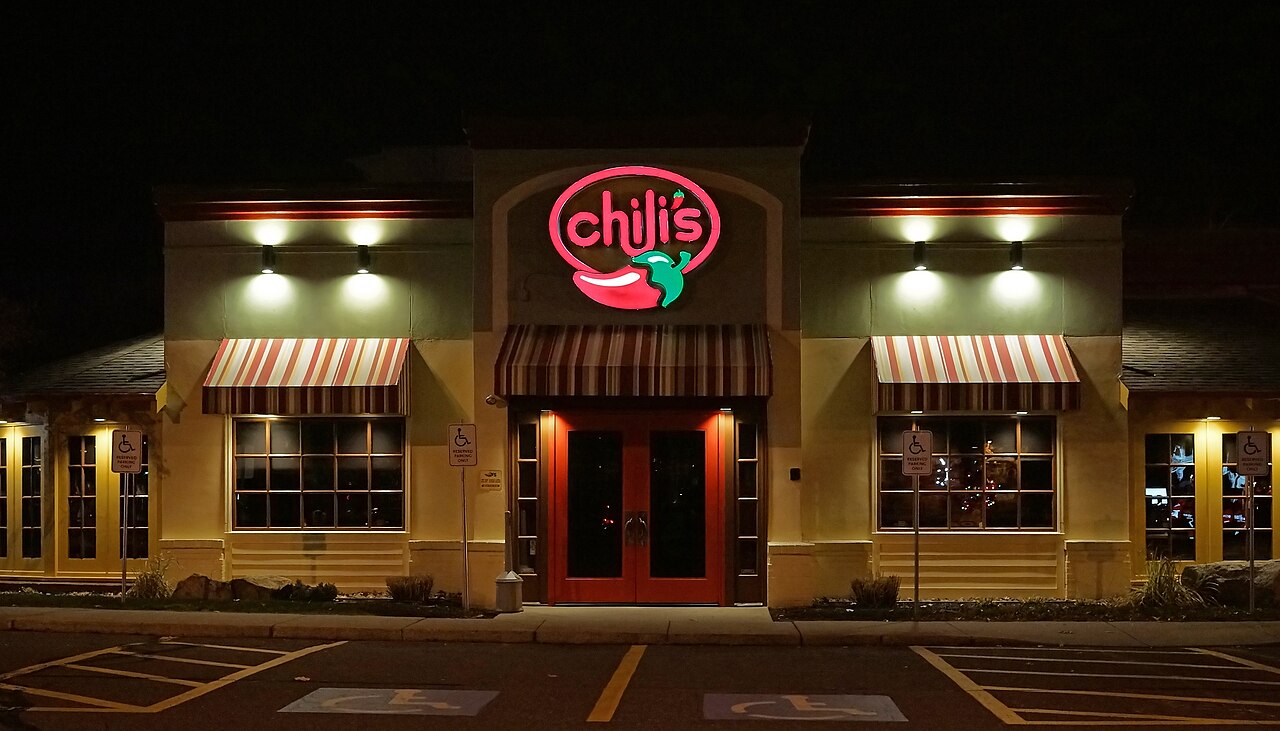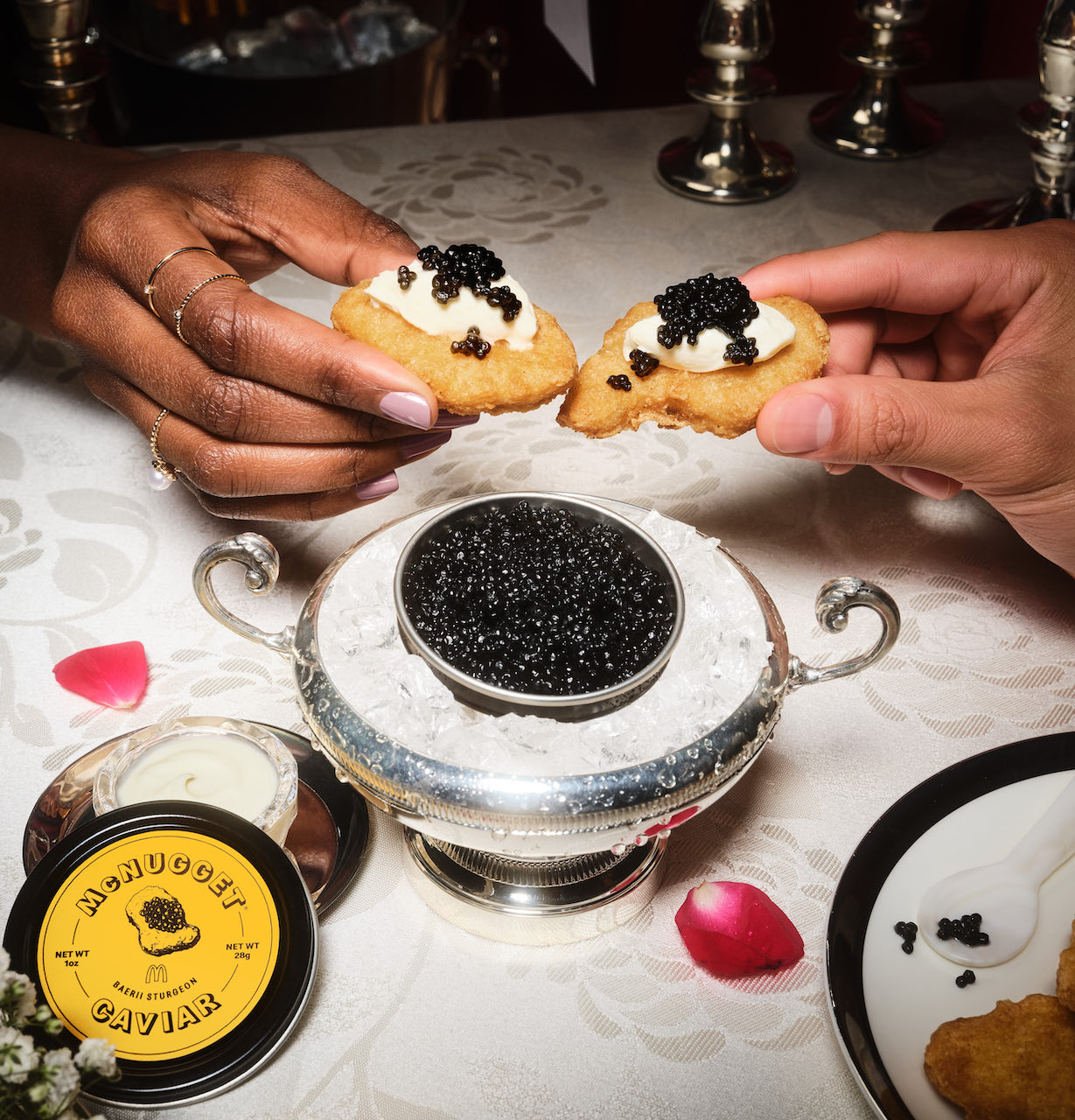The Scientific Reason Why Double Dipping Is F**king Disgusting
The slightest chance of your friend’s crusty lips touching your food can be reason enough to loathe double-dippers, but there are those who give the benefit of the doubt and believe the action is not a huge deal.
In case you’ve wondered what really happens when double dipping, researchers at Clemson University put it to the test and found that quite a bit of bacteria really does get transferred.
They compared salsa, chocolate and cheese dips, and found that there was no bacteria when left alone. After applying a bitten chip, they found different amounts of bacteria in the dips, according to their thickness.
While the thickness in the chocolate sauce cheese dip reduced the amount of bacteria transferred, every ml of salsa contained at least 1,000 bacteria.
In comparison, the chocolate and cheese dips only contained 150-200 bacteria per ml of dip. That means your salsa attracts up to five times more bacteria because of its lack of thickness.
However, the acidity in the salsa did cause bacteria to decrease after two hours, but if you’re not waiting hours between dips, there’s a lot of bacteria swimming around, waiting to get into your mouth.
Thankfully, thousands of the oral bacteria are harmless, but it’s the same as sneeze or a cough–you still run the same risk of spreading something nasty.
So next time you see someone trying to sneak in an extra dip at the party, you now know there could be thousands of bacteria chillin’ within.

h/t fwf



